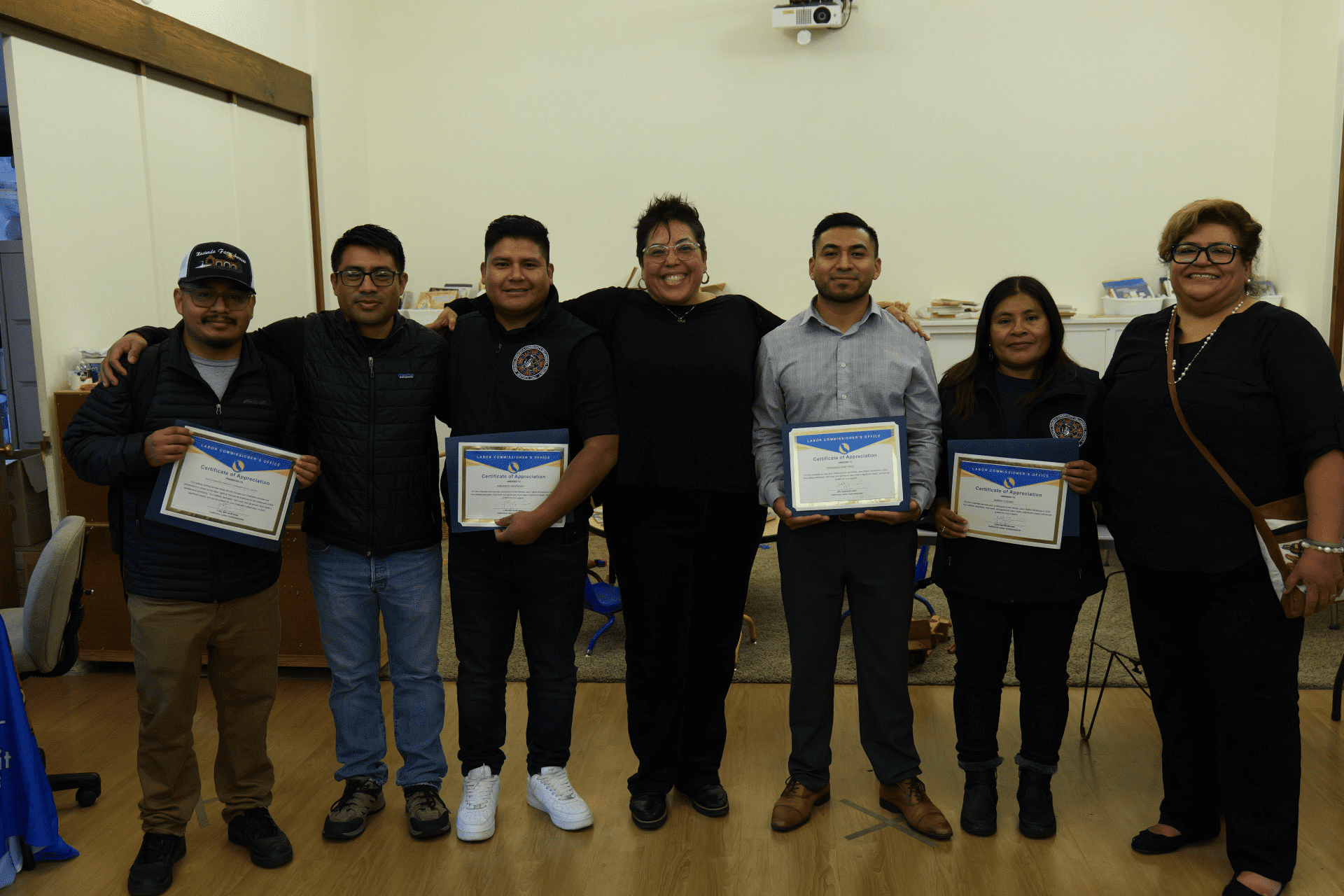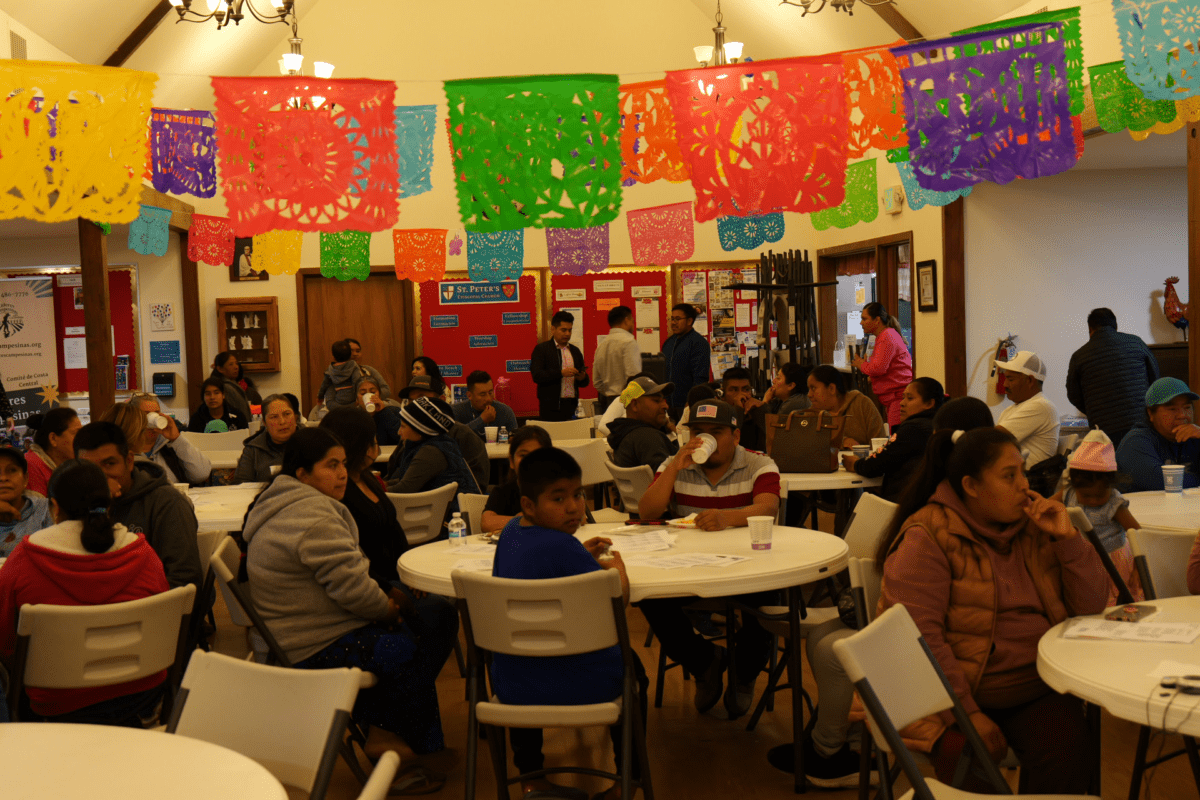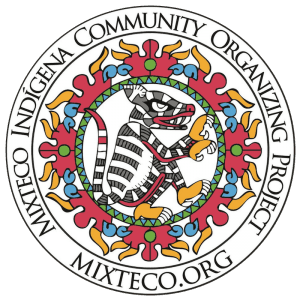How MICOP Is Fighting Legacies of Injustice Against Farm Workers

By Miguel Hernandez
(Listen to our audio in: Español y Mixteco (Variante Guadalupe Nundaca), 8 min)
Although the agricultural industry is the backbone of the United States’s economy and generates more than 50 billion dollars in California alone, the workforce, which is predominantly Latino, remains one of the most exploited in the United States. The exploitation and mistreatment of agricultural workers is one that has historically been created by failed policies and political oppression. However, non-profit organizations like the Mixteco Indigenous Community Organizing Project (MICOP) have taken the reins of this problem and have dedicated themselves to helping and empowering migrant, indigenous, and agricultural communities.
One of these efforts to help the agricultural community was a labor rights workshop in Santa María on December 5. Santa María is one of the largest employer valleys for agricultural work. The labor rights workshop brought in state agencies such as Cal/OSHA, the Division of Workers’ Compensation, and Líderes Campesinas, to name a few. One of the biggest concerns for the community members in this workshop was their safety since many still mourn the death of Jose Samuel Velázquez, who lost his life working in the field.

Brandon Hart, a CAL/OSHA program director, mentioned that it is extremely important for the community to attend these events to be able to speak with state agencies directly. It is also extremely important that they attend these events so that they can receive updates on the laws and know their rights. Finally, Hart also invites the community to attend these types of events to learn what Cal/Osha is doing to litigate workplace hazards and how to file a confidential complaint.
Other state agencies, such as the commissioner of labor, commented that “from the time of César Chávez until now in 2023, there continues to be great insecurity in agricultural fields.”
The insecurities for agricultural communities are not only job security but also food insecurity. Ironically, although farm workers are the ones who feed the country, they struggle to feed themselves. In the county of San Luis Obispo, a demographic survey revealed that 64% of agricultural workers reported not having enough money to eat.
Finally, the labor rights workshop event ended with optimism and hope that these events will continue and that there will be systematic changes for agricultural communities. Community organizer Fernando Martínez concluded, “It is an honor to bring these events with collaborations with state agencies to the city of Santa María,” and affirmed that it would not be the last.
